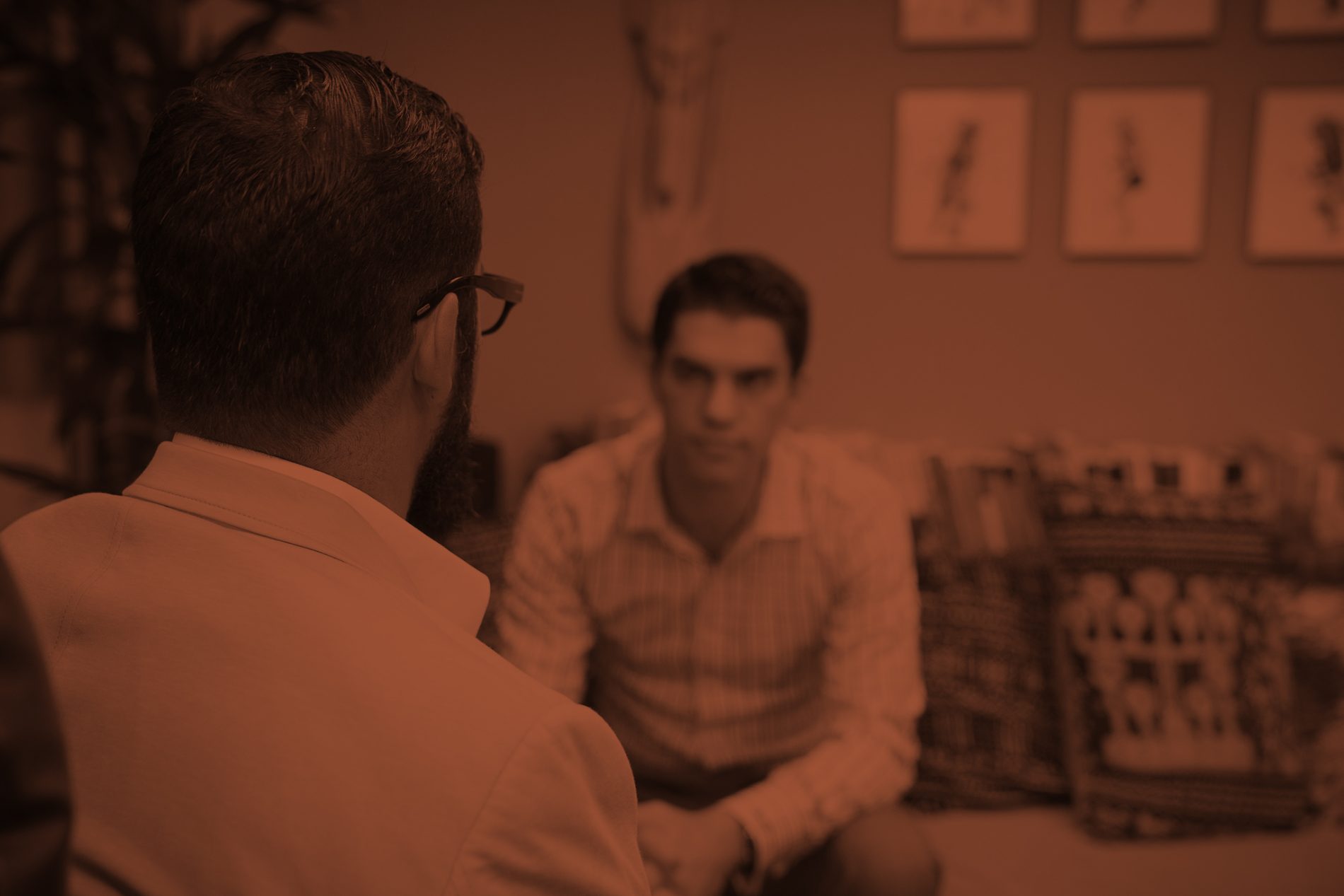The Potential Fallout of Suboxone Treatment
What to Expect:
- Medication-Assisted Treatment (MAT) uses prescribed drugs to help individuals struggling with opioid addiction manage their withdrawal symptoms and stay engaged in treatment.
- Suboxone (or Subutex) is popularly prescribed to save lives and reduce the harm of opioid addiction.
- What are the potential long-term effects of Suboxone in an individual’s overall quality of life?
Understanding Medication-Assisted Treatment (MAT)
Opiate use in the United States is at a crisis level–too many people are dying from abusing and overdosing on these powerful drugs. Opiates are highly addictive and a single overdose can prove fatal.
As a result of the opiate epidemic, lives are needlessly lost or destroyed, families devastated, and the socio-economic impacts widespread.
In an effort to save lives, medications have been developed as a means of harm reduction.
Medication-Assisted Treatment (MAT) gives an individual struggling with opiate addiction a fighting chance to recover and return to a normal life. That being said, a simple medication is not going to solve all of one’s problems–it is often a starting point where extensive counseling and therapy is necessary.
But is MAT just substituting one drug for another?
Not necessarily.
Drugs like heroin are unregulated and dangerous. Even prescription opiates are very dangerous when not taken as directed.
MAT offers those struggling with opiate addiction safer, FDA-approved medications. MAT medications–like Suboxone–help reduce or eliminate withdrawal symptoms without producing that euphoric high.
Using Suboxone to Treat Opiate Addiction
Suboxone is one commonly prescribed medication to treat opiate addiction. It is actually a combination of two different drugs–buprenorphine and naloxone. Buprenorphine is a partial opioid agonist that blocks the brain’s opiate receptors to reduce urges. The effects are similar to an opioid, but weaker.
Naloxone is an opioid antagonist. It counters the effects of opioids in the system. In fact, Naloxone is a commonly used medication by first responders encountering an individual experiencing an opioid overdose.
Suboxone is usually self-administered once a day as a film or tablet placed under the tongue to dissolve.
Potential Future Challenges for Suboxone Users
As a result of the opiate crisis, we have a percentage of young people that are on some sort of opiate blocker or opiate substitute–the most common being Suboxone.
The first crisis we may face in the future of addiction is the vast number of individuals taking Suboxone or Subutex for up to 10 years. We don’t really understand the long-term effects of these drugs.
We don’t know how these medications affect people’s development. What happens when an 18-year-old is put on Suboxone. How will it affect their development as they reach the mid-20s? Maybe it’s hardly at all. Maybe it’s a big deal. BUT…we don’t know for sure.
Will it be a future challenge?
Will people start having mental health challenges as they reach their 30s, 40s, or beyond? Can it be related to Suboxone?
And then there is the issue of getting off Suboxone. It’s well known coming off Suboxone is harder than kicking heroin. So, Suboxone may be saving an individual’s life, but the detox and resulting depression can last months if not years.
So, in a nutshell, we are putting a band-aid on a gaping wound to help save a life. If we don’t tend to that “wound” with counseling, treatment, and teaching life skills, that “band-aid” may save lives, but not QUALITY of lives.
Will we have the capability to deal with these issues? If we think proactively, there certainly is a potential.
Schedule a 30-min consultation with Yeshaia
Schedule Free ConsultationSchedule Free Consultation
Our program follows the 12-Steps Foundation & Provides Long-Term Care
Read MoreRead More
